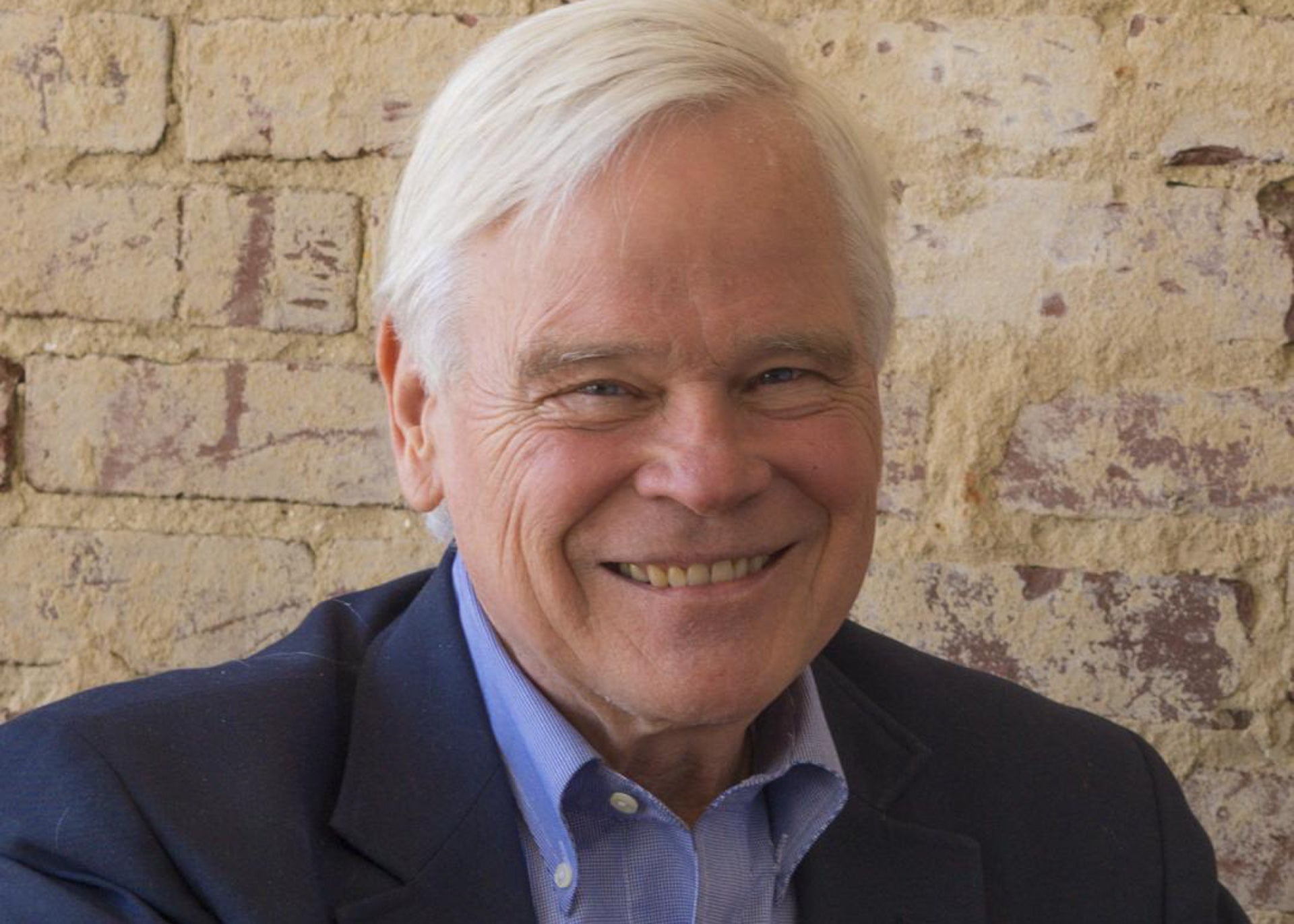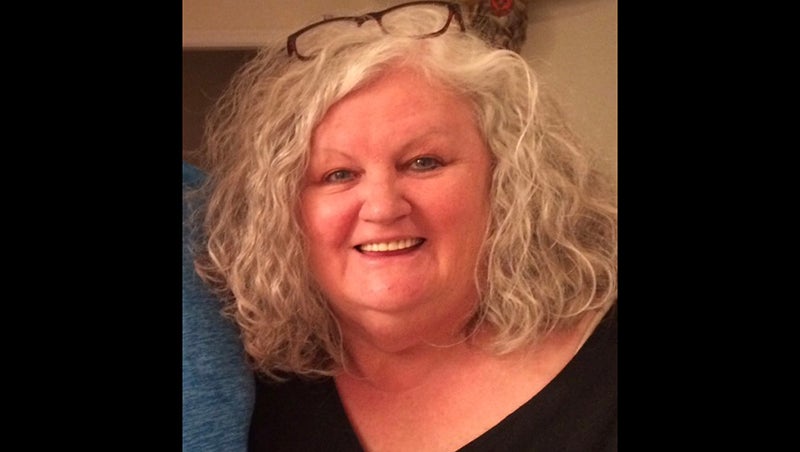One on One: Help wanted – female
Published 10:29 am Saturday, December 15, 2018

- D.G. Martin
By D.G. Martin
“The real mystery after half a century,” Wyndham Robertson says, “is why life at the top of large American corporations still seems so overwhelmingly male.”
Writing in The New York Times on November 29, the Salisbury native and Chapel Hill resident remembered when, 50 years ago, the Times changed its want ads format to eliminate the “Help Wanted – Female” category and combine its classified job notices into a single and simple category, “Help Wanted.”
Looking back, Robertson remembers entering the New York business world in 1958. “We women were sorting through the ‘Help Wanted – Female’ section, poring over ads from places seeking a ‘Gal Friday.’ The need for such low-paid workers – women who could write a coherent phone message and deliver coffee without spilling – seemed insatiable.”
Only rarely did such jobs open the door to a pathway to high-level positions. Most were, Robertson says, dead ends.
Meanwhile, male college graduates were finding jobs or corporate training programs that could lead to advancement to the highest levels.
“Never in our dreams,” Robertson wrote, “did we envision getting jobs as promising as those of the boys we knew, even though – I will just say it – we were smarter than most of them and harder-working.”
When I went to work for a Charlotte law firm in the same year the Times made its change, I did not think it was unusual for me to be supervising female staff members who were smarter and harder-working than I was. It was just like it had been in the Army, when, as a young officer, I supervised non-commissioned officers who were also smarter and harder-working than I.
Robertson thought the new want ad policy change at the Times would “be a game changer for women, and of course, it was – to a point.”
Women have great opportunities and have achieved success at the highest level in business. But progress has been slow. By the late 1970s Robertson had become a writer for Fortune magazine and would soon become an editor. Curious about the progress of women into the higher ranks of corporate America, she did a thorough research project that identified the three highest compensated officers in each of 1,000 large public corporations. Only 10 women made the list.
Still Robertson was hopeful that when more women were “starting in the same jobs that had traditionally streamed men to the top, executive suites would be teeming with women.”
But when she asked Herman Kahn, a respected futurist, how long it would be before 25 percent of the CEOs of the Fortune 500 companies would be women, he said, “About 2,000 years, but make it 10 percent and I’ll say within 20 years.”
That prediction seemed pessimistic in the late 1970s. But today, 40 years later, there are only 25 women CEOs of Fortune 500 companies.
Just five percent.
Robertson does not speculate why there was such a poor showing except to say that problem is no longer “access to the pipeline.”
Robertson also confesses that Kahn may have had a point when he suggested to her that many women would not want the top jobs. Although that opinion was “almost as unfashionable then as it is today,” it has to be considered, she says.
Meanwhile, on other fronts women have crashed through glass ceilings to take the top spots in other areas that were male preserves in 1968.
Robertson herself led the way for women when she left her job as assistant managing editor of Fortune and, in 1986, became the first female vice president of the University of North Carolina (system). Since then, two of the university’s presidents have been women. Women have served as chancellors at UNC-Chapel Hill, N.C. State and other campuses. They are prominent, even dominant, as deans and department heads.
When the history of women’s ascent to leadership positions is written, Robertson will have earned a place not just as a chronicler, but also as an activist hero.
Note: Wyndham Robertson’s complete New York Times column “The Long Shadow of ‘Help Wanted — Female’ – It has been 50 years since classified job ads went unisex. So where are all the female C.E.O.s?” is available at https://www.nytimes.com/2018/11/29/opinion/help-wanted-female-classifieds.html?module=inline
D.G. Martin hosts “North Carolina Bookwatch,” Sunday at 11 a.m. and Tuesday at 5 p.m. on UNC-TV. The program also airs on the North Carolina Channel Tuesday at 8 p.m. and other times.
READ MORE IN OUR OPINION SECTON HERE.





